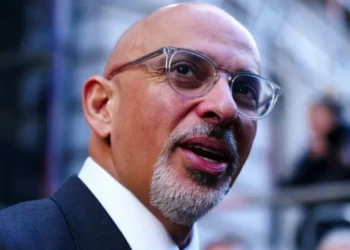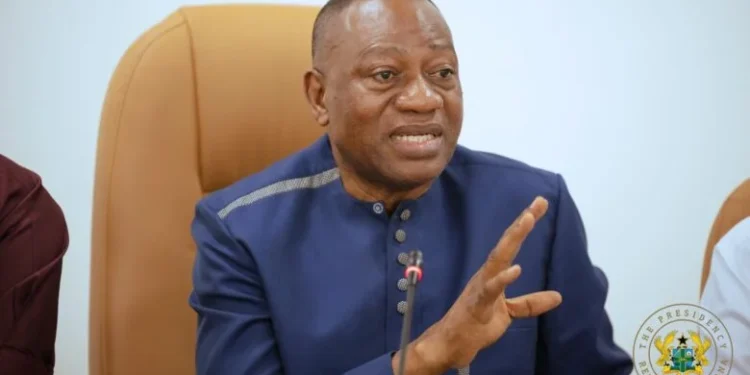In a decisive shift, the Conservative Party has drawn a firm line under the economic turmoil associated with Liz Truss’s short-lived premiership. Shadow Chancellor Mel Stride is expected to declare that the party will “never again” endanger the British economy with unplanned tax cuts, in a clear repudiation of the former prime minister’s infamous mini-budget of 2022.
Stride, who will deliver a speech on Thursday in London, is set to go further than current Conservative leader Kemi Badenoch has ever publicly done in addressing the party’s past economic failures.
His speech, shared in advance, acknowledged that Truss’s plan — amounting to £45 billion in unfunded tax cuts — “put at risk the very stability which Conservatives had always said must be carefully protected.”
The fiscal decisions made under Truss, including billions in energy subsidies and tax reductions without clear financial backing, “undermined the credibility of the UK’s economic framework,” Stride will say. While emphasizing that “as a Conservative, of course I want taxes to be as low as possible,” he will stress that such goals must be “achieved responsibly through fiscal discipline.”
The fallout from Truss’s economic plan was swift and severe. Within weeks, the main tax cut was reversed, then-Chancellor Kwasi Kwarteng was dismissed, and Truss herself resigned just 45 days into her term — the shortest in UK history.
“Back then, mistakes were recognised and stability restored within weeks, with the full backing of our party,” Stride will state. But he will also concede that “the damage to our credibility is not so easily undone. That will take time. And it also requires contrition.”
“Never again will the Conservative party undermine fiscal credibility by making promises we cannot afford.”
Shadow Chancellor Mel Stride
Truss, not one to stay silent, issued a swift rebuttal.
“One of the Conservative MPs who kowtowed to the failed Treasury orthodoxy and was set on undermining my plan for growth from the moment I beat his chosen candidate for the party leadership [Rishi Sunak]. Until Mel Stride admits the economic failings of the last Conservative government, the British public will not trust the party with the reins of power again.”
Liz Truss

The remarks mark a shift from previous Conservative rhetoric. While Stride’s direct criticism breaks new ground, Badenoch and her shadow cabinet have mostly avoided singling out Truss. In January, it was reported that Badenoch had privately remarked that it “would be best if Liz would shut up for a while.”
Calls For Discipline, Not Populism
Stride will attempt to balance contrition with explanation, acknowledging that Truss’s push for radical economic change was “in part born of exasperation with the failure of successive governments to put us on a path back to sustained growth and rising living standards.”
“The fact is, for a large swathe of the population, our economy simply has not been working for them for some considerable time. Incomes have stagnated. Many feel that the system only works for the benefit of others, for large corporations, or people from other countries, but not for them and their families.”
Shadow Chancellor Mel Stride
Still, he will reject what he calls the “magic money tree” populism advocated by rival parties like Reform UK, arguing instead for fiscal restraint. His proposed solution includes tighter control on public spending, especially on social security, and supply-side reforms aimed at improving productivity.
Stride’s remarks aim not just to draw a line under past mistakes, but to reposition the party as economically responsible ahead of the next general election. Whether the public will accept this mea culpa remains to be seen, but the speech marks the sharpest internal break yet with Truss-era economic ideology.
READ ALSO: Educationist Sees “New Dawn” in Mahama’s Anti-Corruption Fight























